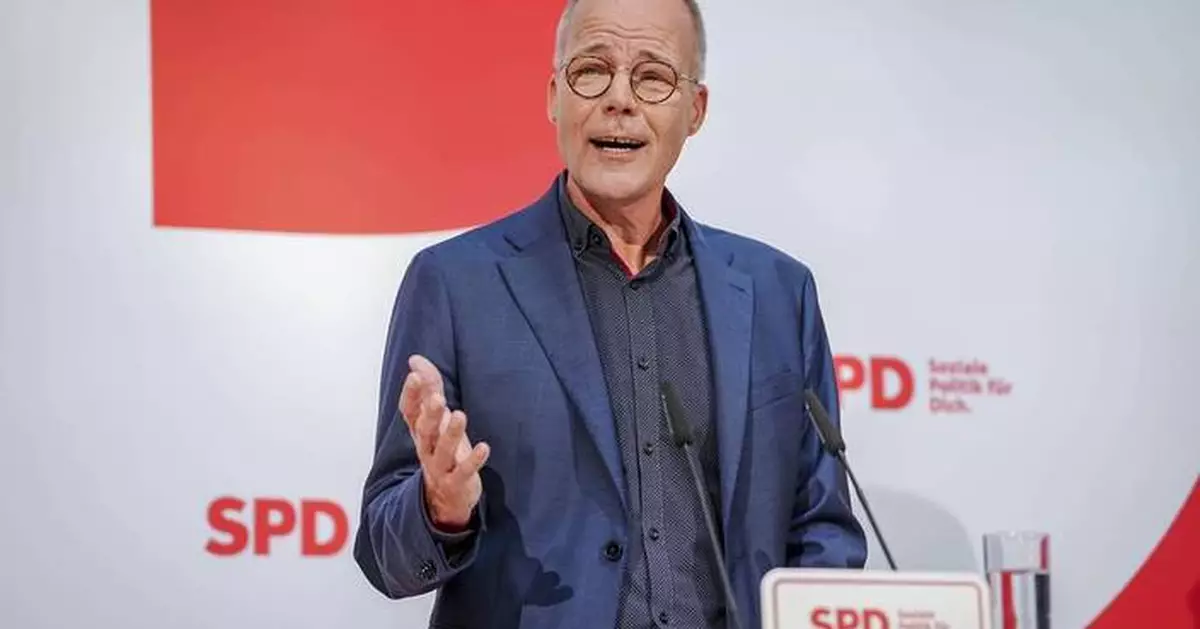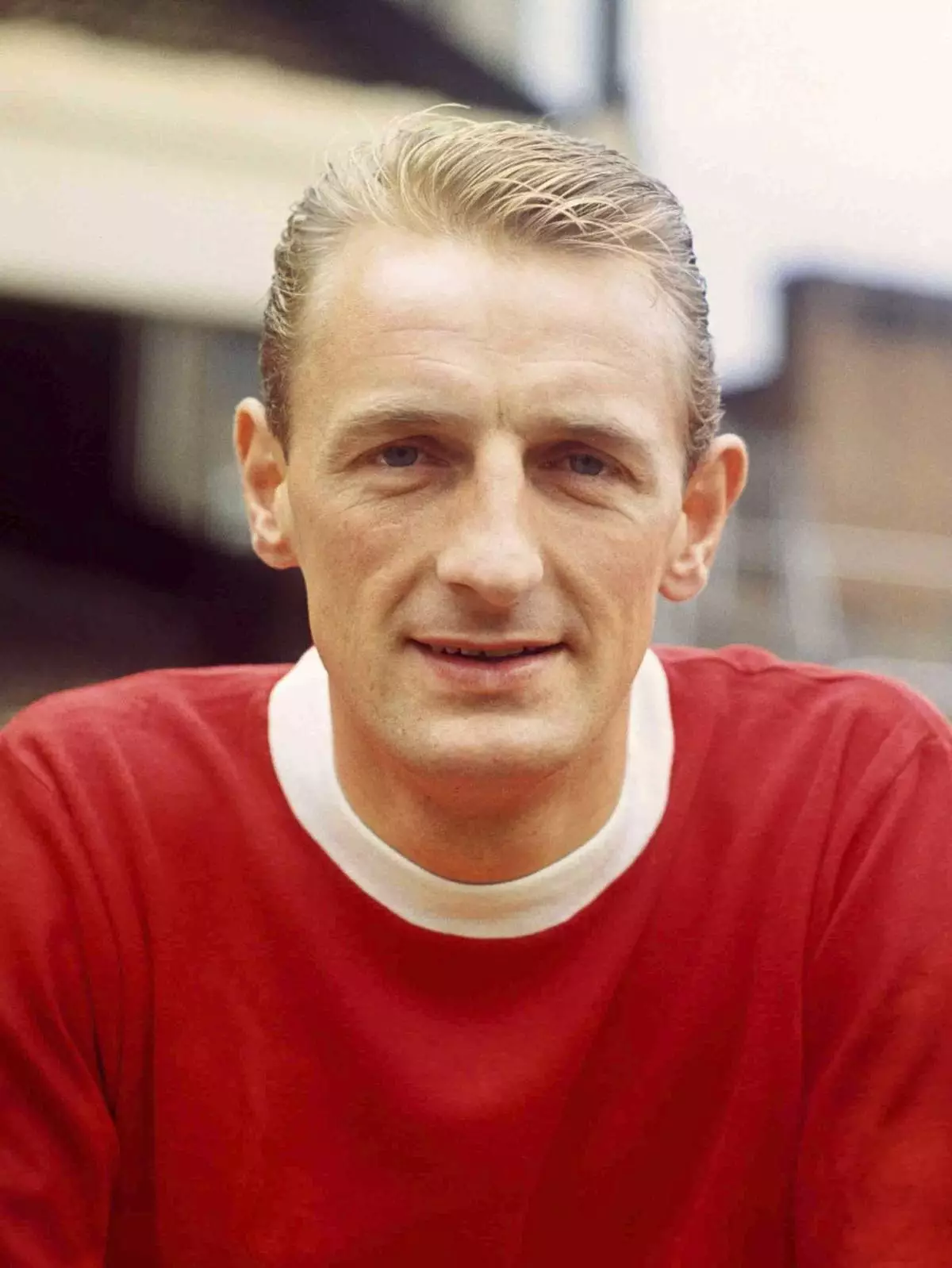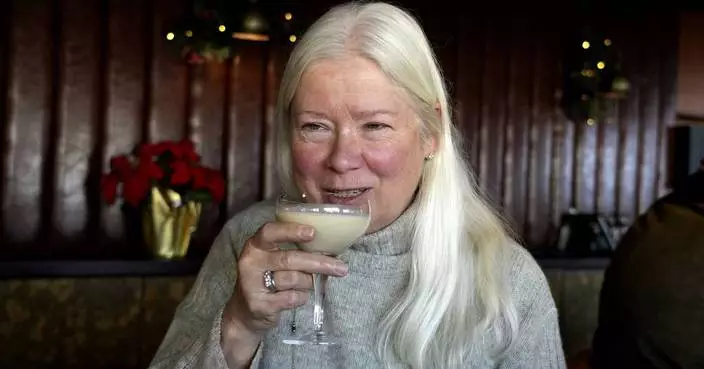BERLIN (AP) — German Chancellor Olaf Scholz's party moved quickly to replace a top official who stepped down less than a year ahead of a challenging national election, presenting a well-connected left-wing lawmaker on Tuesday as his replacement in a post that is important for the campaign.
Kevin Kühnert resigned on Monday as the center-left Social Democrats' general secretary, the official who is responsible for day-to-day political strategy and usually is the lead election campaign manager. Kühnert, 35, an important power-broker in the party in recent years, cited unspecified health problems.
The party leadership on Tuesday presented senior lawmaker Matthias Miersch, 55, as his replacement, describing him as well-connected in the party, in parliament and in states run by the Social Democrats.
The Social Democrats' poll ratings have dropped sharply since Scholz narrowly won Germany's 2021 election. The chancellor's coalition with the environmentalist Greens and the pro-business Free Democrats has become notorious for constant infighting.
His party finished behind the conservative opposition Union bloc and the far-right Alternative for Germany in the European Parliament election in June and also saw dismal results in two of three state elections last month in eastern Germany.
Party co-leader Lars Klingbeil said Miersch is well-positioned to highlight the party's differences with the Union under Friedrich Merz, who was recently nominated as the conservative challenger in the election scheduled next September.
The Social Democrats are “the force that says ecology, economic sense and social cohesion must be combined,” said Miersch, who also emphasized the importance of “doing everything” against the far right.
He also said that “Olaf Scholz will be able to rely on me 100%” but he won't be “simply a yes-man.”
Some lower-level party members have questioned the wisdom of Scholz seeking a second term and the Social Democrats haven’t yet made it official, but party leaders have stressed repeatedly that there is no question mark over his candidacy.
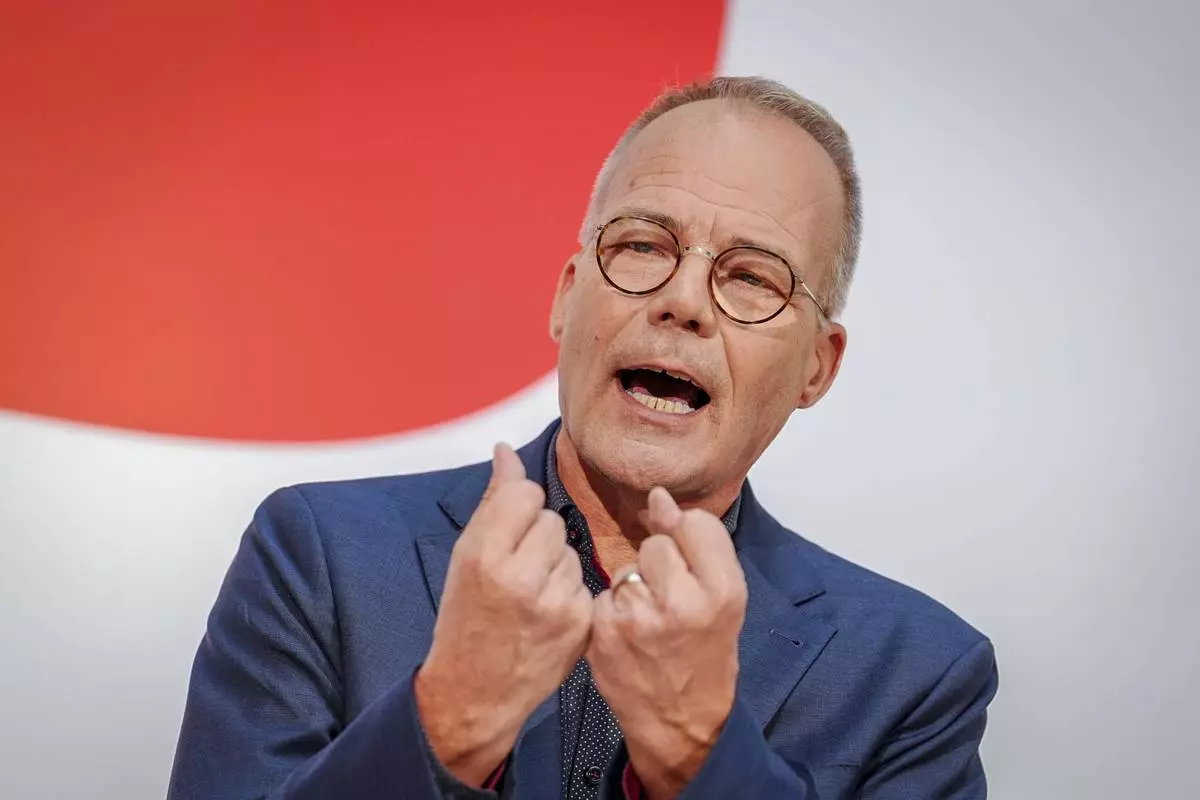
Matthias Miersch speaks as he is introduced as the new SPD General Secretary during a press conference at the party's headquarters in Berlin, Germany, Tuesday Oct. 8, 2024. (Kay Nietfeld/dpa via AP)
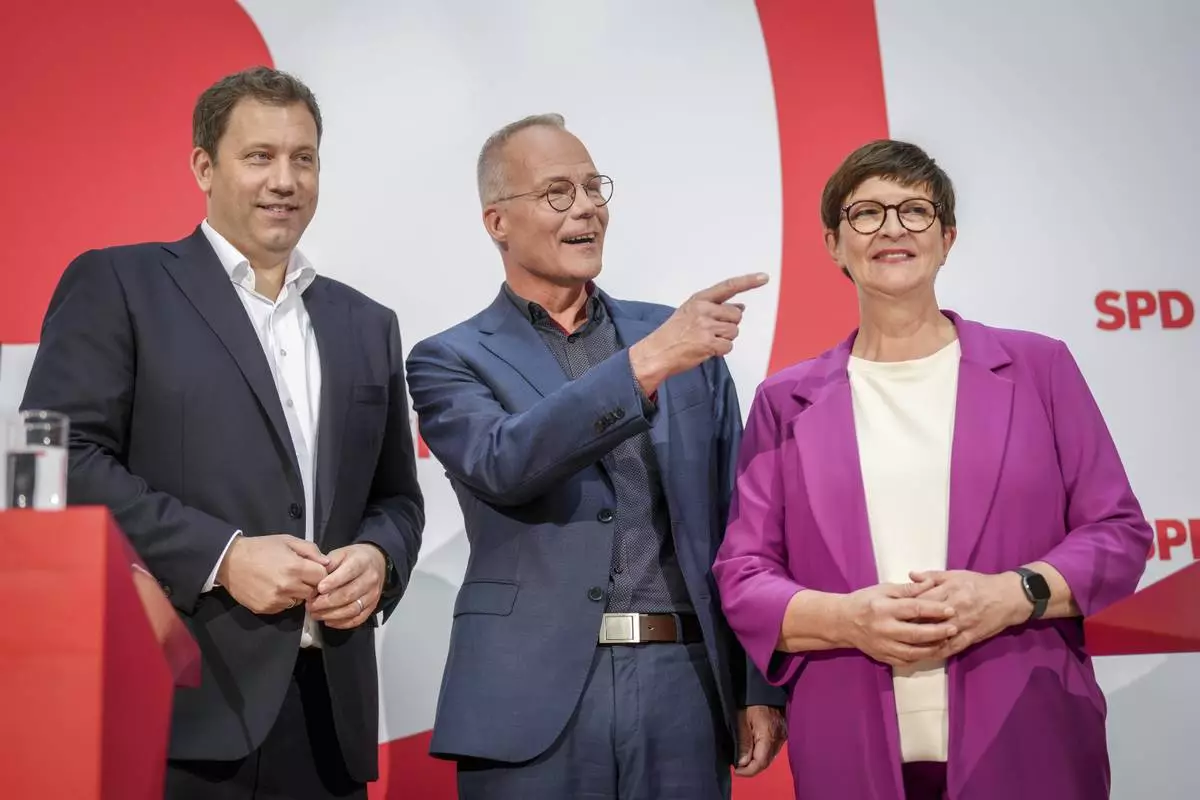
Saskia Esken, right, SPD Federal Chairwoman, and Lars Klingbeil, left, SPD Federal Chairman, introduce Matthias Miersch as the new SPD General Secretary during a press conference at the party's headquarters in Berlin, Germany, Tuesday Oct. 8, 2024. (Kay Nietfeld/dpa via AP)
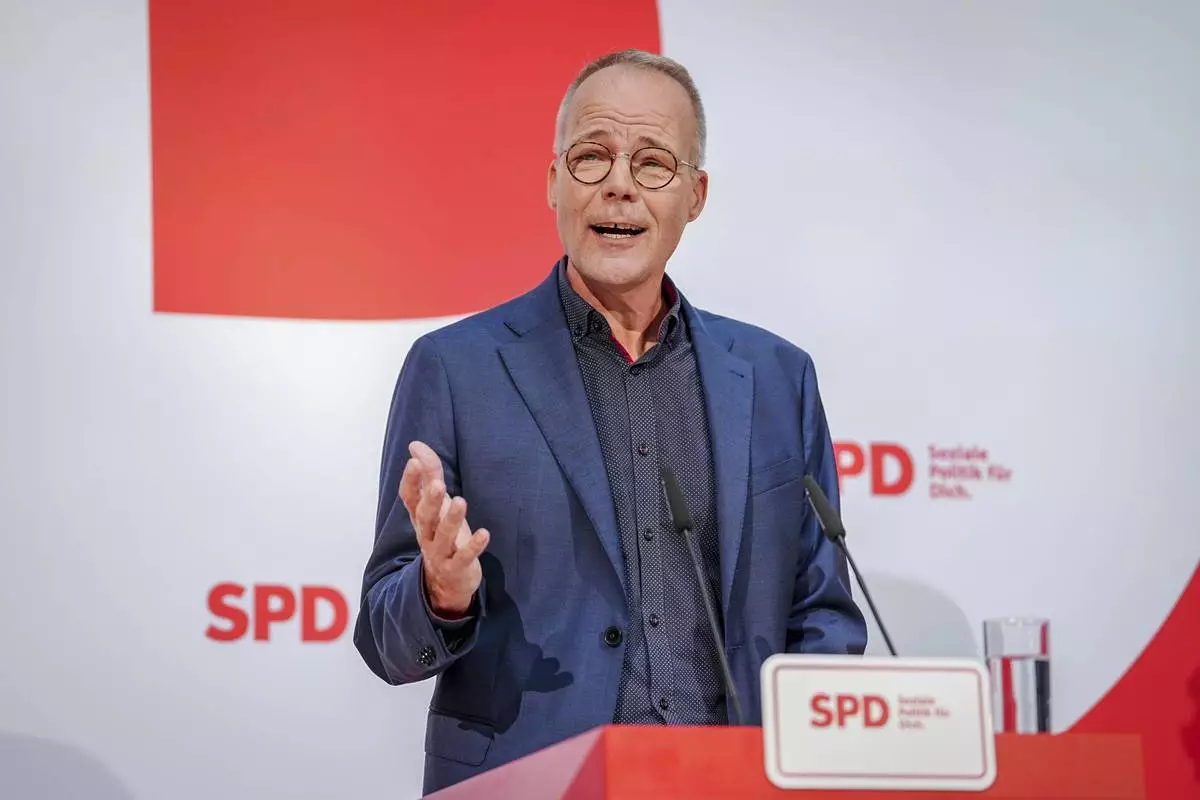
Matthias Miersch speaks as he is introduced as the new SPD General Secretary during a press conference at the party's headquarters in Berlin, Germany, Tuesday Oct. 8, 2024. (Kay Nietfeld/dpa via AP)


